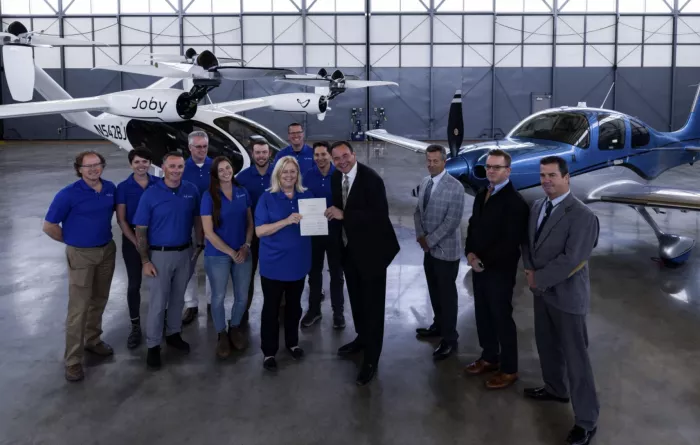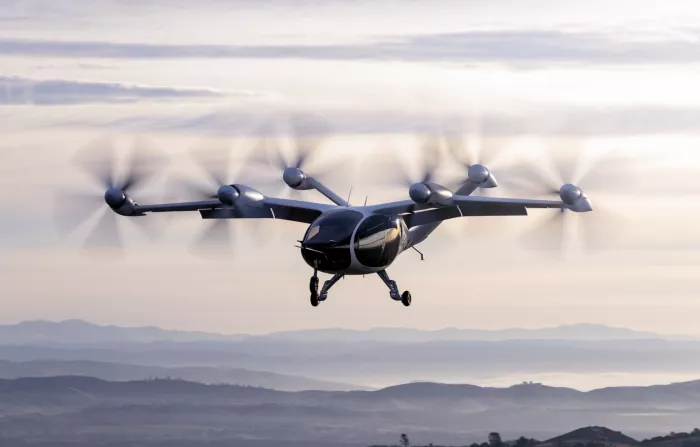Although this is an important milestone that brings Joby closer to its stated goal of launching an electric air sharing service in 2024, the startup still has a way to go in using its electric vertical takeoff and landing (evtol) vehicle to transport passengers.
Joby has only built two prototypes and is reluctant to share how many it intends to build and deploy for its initial operation. In addition, the certificate received this week is only one of the three FAA certifications required for the company to actually operate its electric vertical takeoff and landing vehicle as an air taxi in the United States, and the other two are type certificate and production certificate.

Joby recently acquired avionyx, an aviation software engineering company with a long track record in helping aviation companies obtain FAA certification. In March, Joby said it would cooperate with aviation training agency CAE to develop and identify flight simulation training equipment so that commercial pilots can train flight evtols.
Joby will start testing the required back-end technology to operate an air taxi service similar to Uber. For example, Joby has been developing applications to show pilots where their next journey will come from, similar to Uber drivers who can see who they pick up next. Once the consumer application is developed, Joby will start testing among employees and point out that the company may conduct customer pilot later.

Joby will not disclose which test routes it plans to fly on, but the company is currently running a flight staff shuttle between San Jose and Marina, California. Initially, Joby will rely on existing infrastructure and underutilized assets, such as parking lots and helipads, to park air taxis, while working with partners to establish an airport network.
Joby intends to run its own application to provide passengers with its air taxi service, but plans to integrate it into Uber's application and vice versa. The two companies reached the agreement in 2020, when Joby acquired Uber elevation, the air taxi business of the taxi Hailing company, and Uber invested $75 million in the start-up.